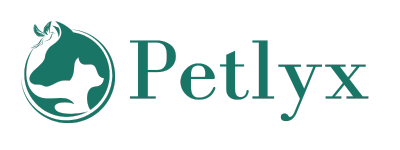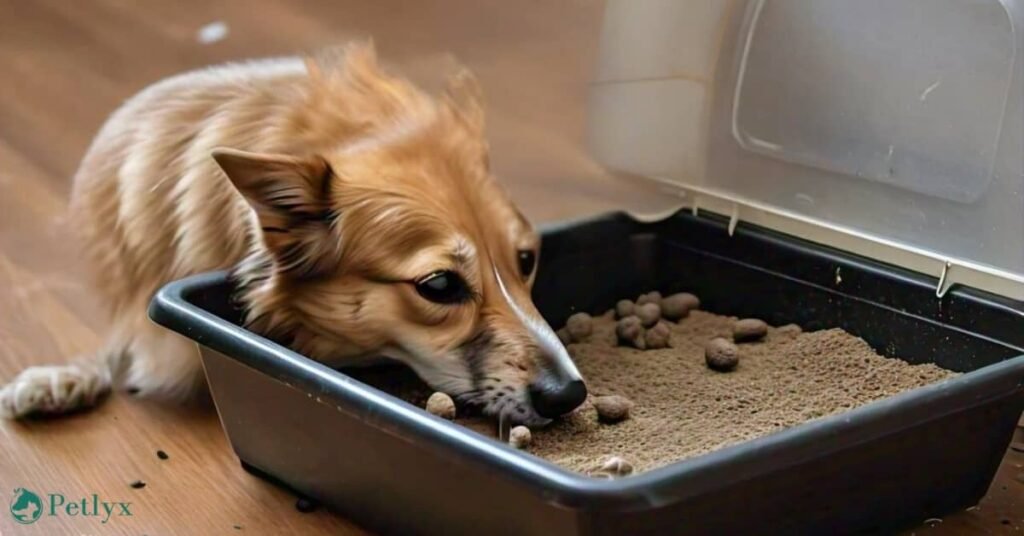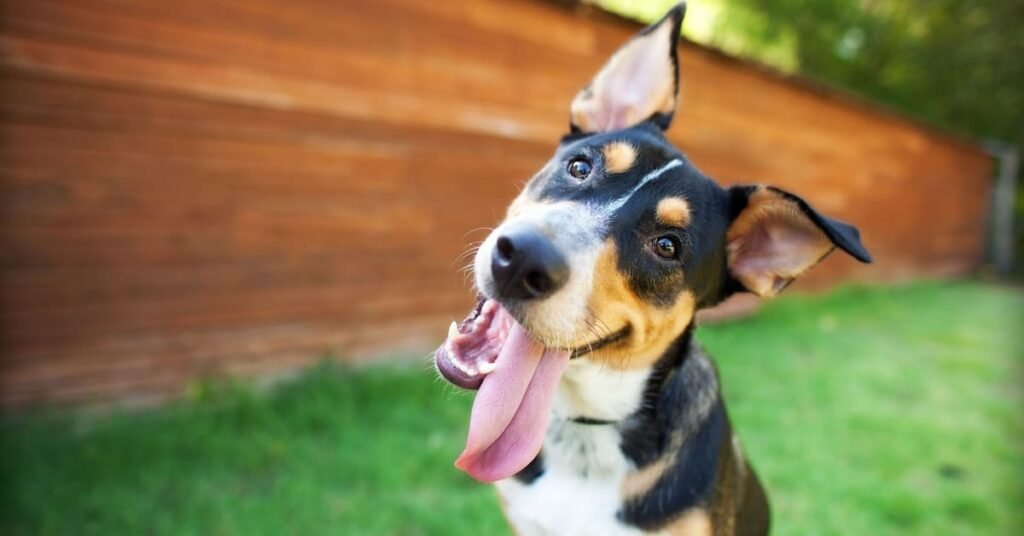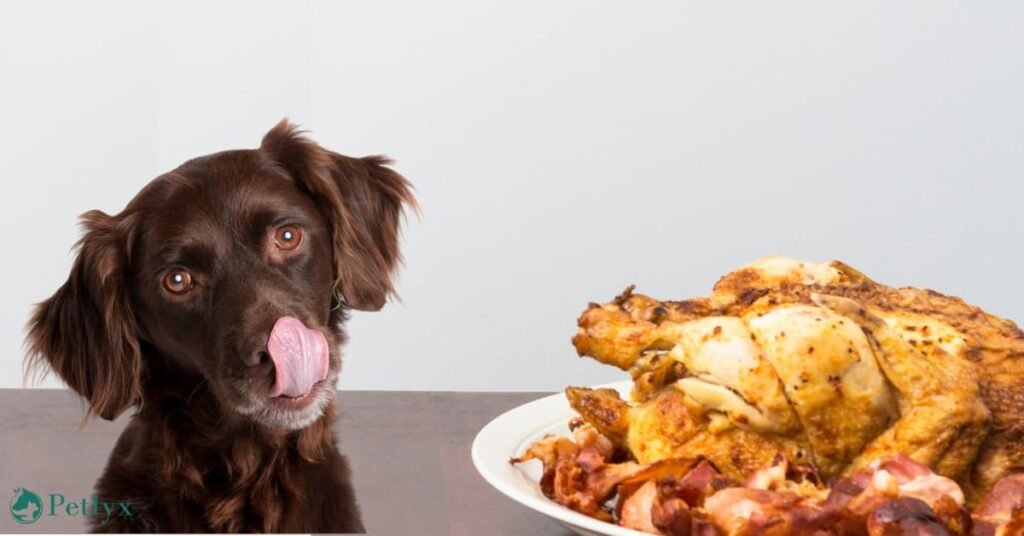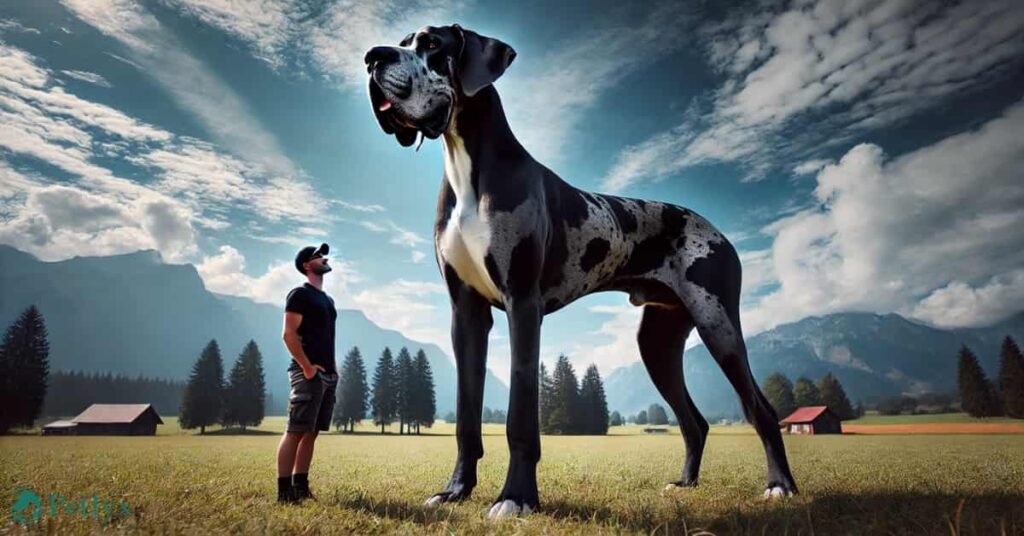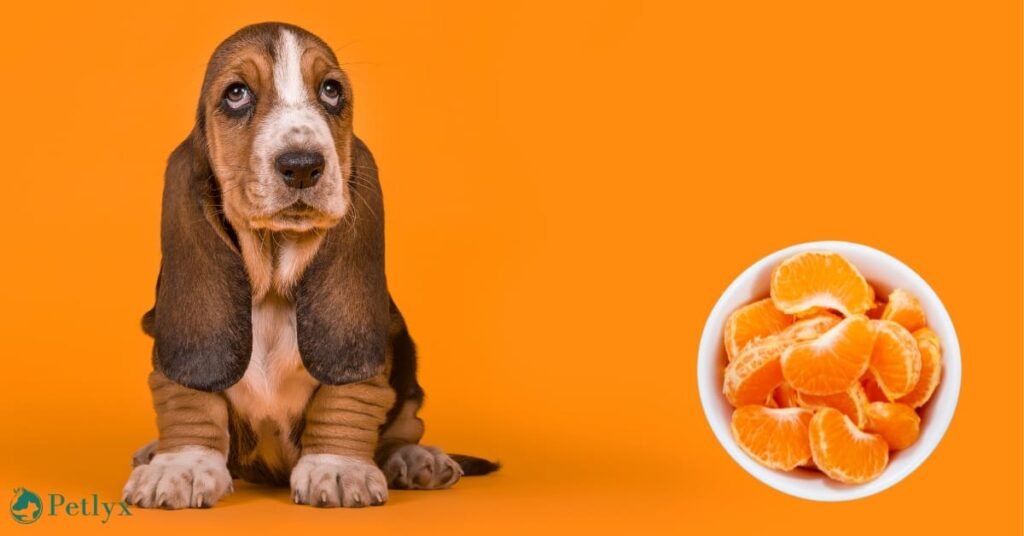Dogs commonly exhibit many strange, curious and sometimes disgusting behaviors, but few are as baffling to canine guardians, like when their dog begins chowing down on poop. Scientifically termed coprophagia, this is simply disgusting to watch. Its cause is unknown, but it’s relatively common in dogs. We will answer the very persistent question of why do dogs eat poop? Highlight the possible harms and what you can do to prevent it in a step-by-step form.
What is Coprophagia?
We call the consumption of feces coprophagia. Though it sounds disgusting to us, for dogs this behavior is based on numerous possible factors. Knowing this can only help you to fix the problem.
Is Your Dog Eating Poop Bad?
Eating poop, if the feces are infected with harmful bacteria (such as E. coli), viruses or intestinal worms, can be dangerous for our dog on several levels. This behaviour needs to be addressed in order to prevent possible health risks.
Why Do Dogs Eat Poop? Common Reasons
1. Nutritional Deficiencies
Dietary deficiencies are one of the most popular reasons why dogs eat poop. Your dog might need to eat poop because they are not getting enough nutrition from their regular diet. It is a common behaviour in dogs that are not well fed.
2. Instinctual Behavior
In the wild, dogs are scavengers and would basically eat anything they could to survive. This means poop as well – there can still be food in that! This instinctual behaviour can even be relevant for a domesticated dog.
3. Attention-Seeking Behavior
In some cases, dogs eat poop to gain attention from their owners. When a bored or neglected dog recognizes that this will get them attention, they perform these things. Negative attention can also serve to reinforce the behaviour.
4. Mimicking Other Dogs
Dogs are natural copy cats, they learn from other dogs. When dogs observe another dog eating poop, they might try it out of curiosity.
5. Medical Issues
Coprophagia can sometimes be related to certain medical problems like malabsorption syndrome, parasites or other digestive diseases. When your dog starts abruptly eating poop, it is important to check with a veterinarian and eliminate the underlying health issues.
Signs And Symptoms: Potential Dangers Regarding Coprophagia
Health Risks
Dogs eating poop can infect them with dangerous bacteria, parasites and viruses. Gastrointestinal infections are not uncommon and may lead to severe illness if they do occur.
Behavioural Problems
If left unchecked, coprophagia can manifest other negative behaviours. A dog that eats poop will more often be interested in other forms of scavenging — increasing the risk they ingest something toxic.
How Do You Keep Your Dog From Eating Poop
While some dogs, such as pups who eat feces may phase out of coprophagia with time and maturity, it is not always the case. There are steps you can take to prevent this behaviour such as:
1. Provide a Balanced Diet
Your canine friend needs a balanced diet with all those important elements, making this point very crucial. Discuss with your vet if the diet you are giving to your dog is enough or should you give them additional supplements.
2. Supervise and Clean Up
Watching your dog while they are outside and cleaning up after them can help prevent them from eating feces. Keep your dog on a leash during walks if they have a habit of eating poop.
3. Use Deterrents
Coprophagia can sometimes be remedied by adding an item to your dog food or supplements that make poop unappealing to dogs. These deterrents will help curb the behaviour in time.
Table: Quick Solutions to Stop Coprophagia In Dogs
| Solution | Description |
| Balanced Diet | Ensure the dog is getting all the necessary nutrients. |
| Supervision | Keep an eye on your dog during walks and outdoor time. |
| Deterrents | Use products that make poop unappealing to eat. |
Conclusion
Eating poop is a disgusting habit, although the reasons behind it for dogs are often based on natural instincts to eat things they would not normally have access to other times, this unwanted behaviour may be caused due to behavioural or nutritional needs. By getting to the root of why it is doing it can help you curb this behaviour and improve its health. Always consult your vet and keep your furry fellow well-protected. That’s it for today, folks. See you next time!
